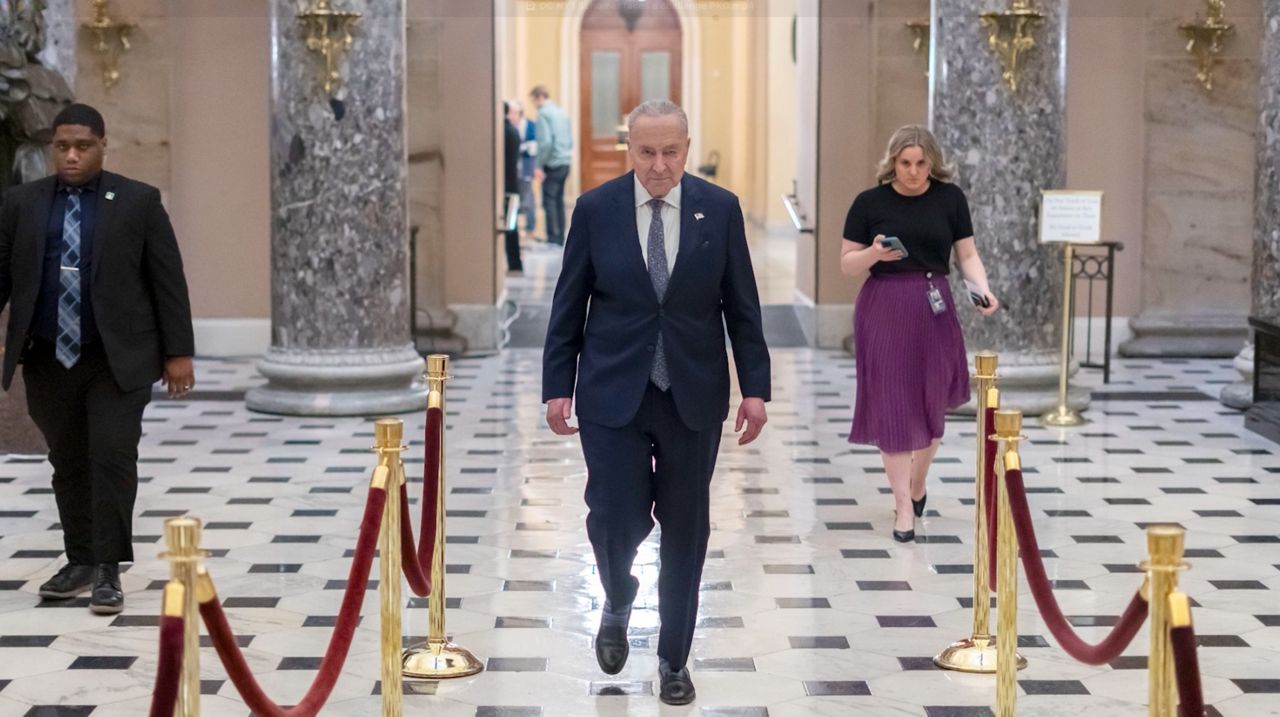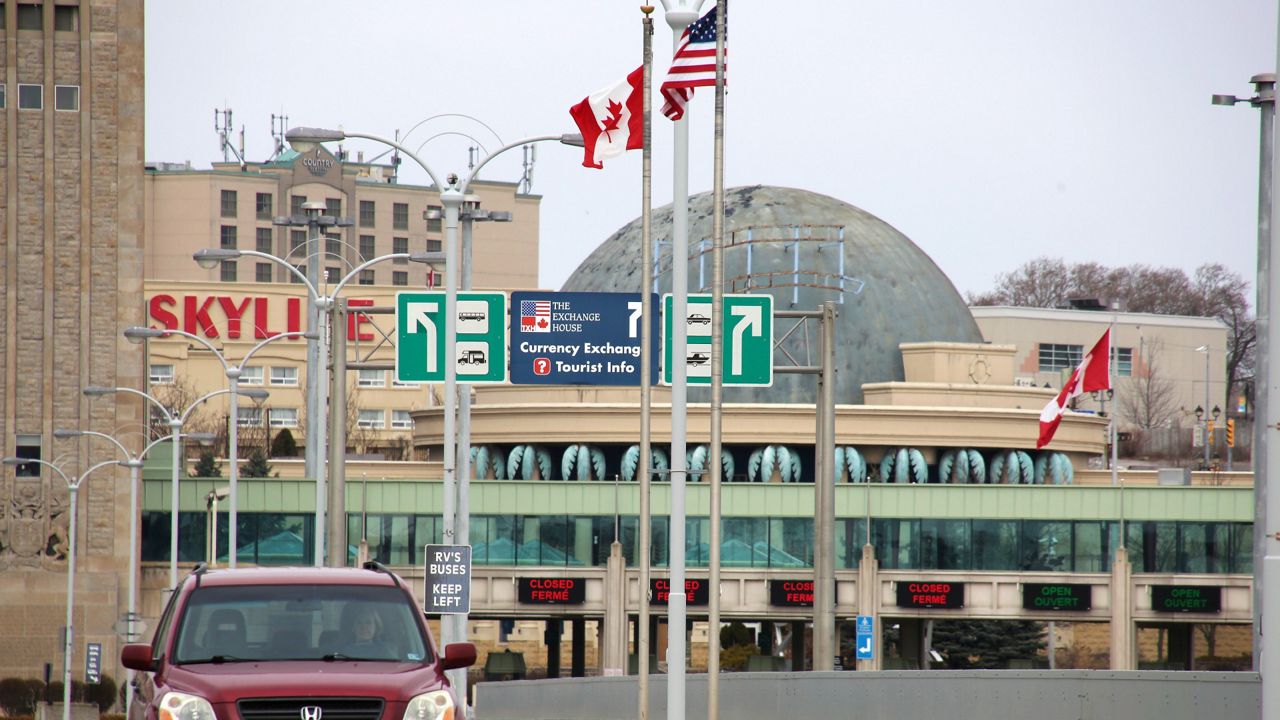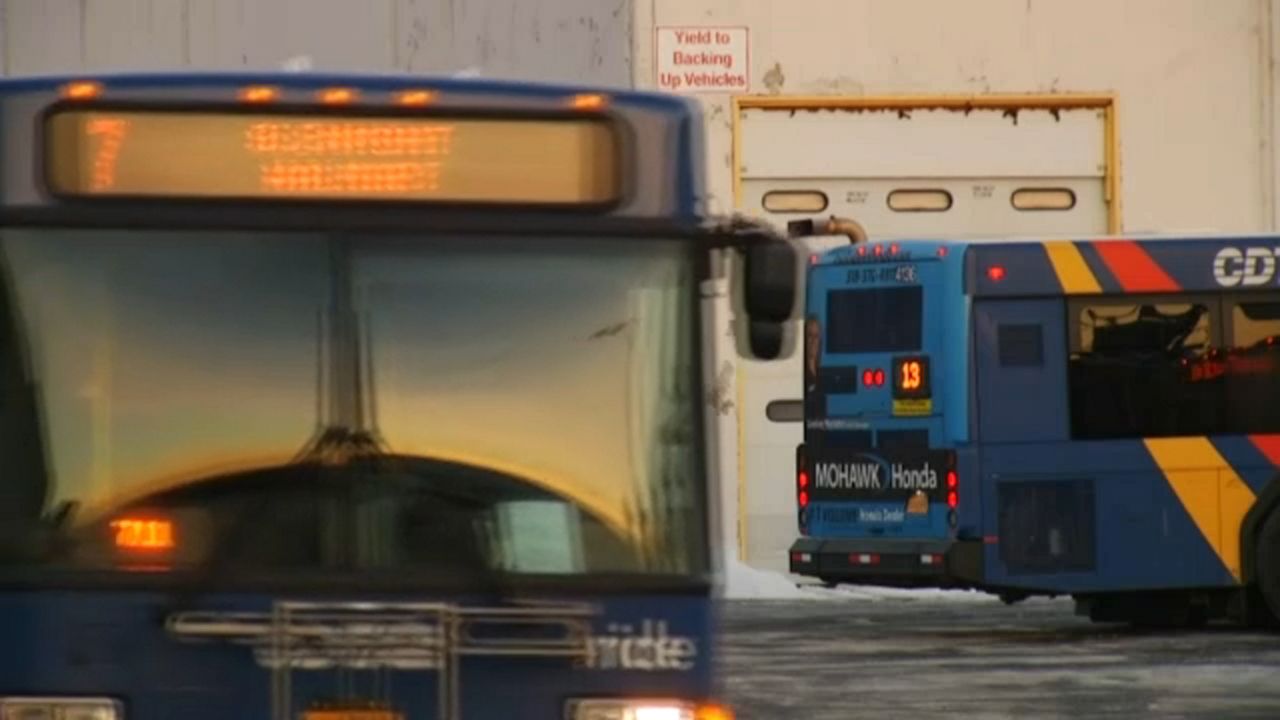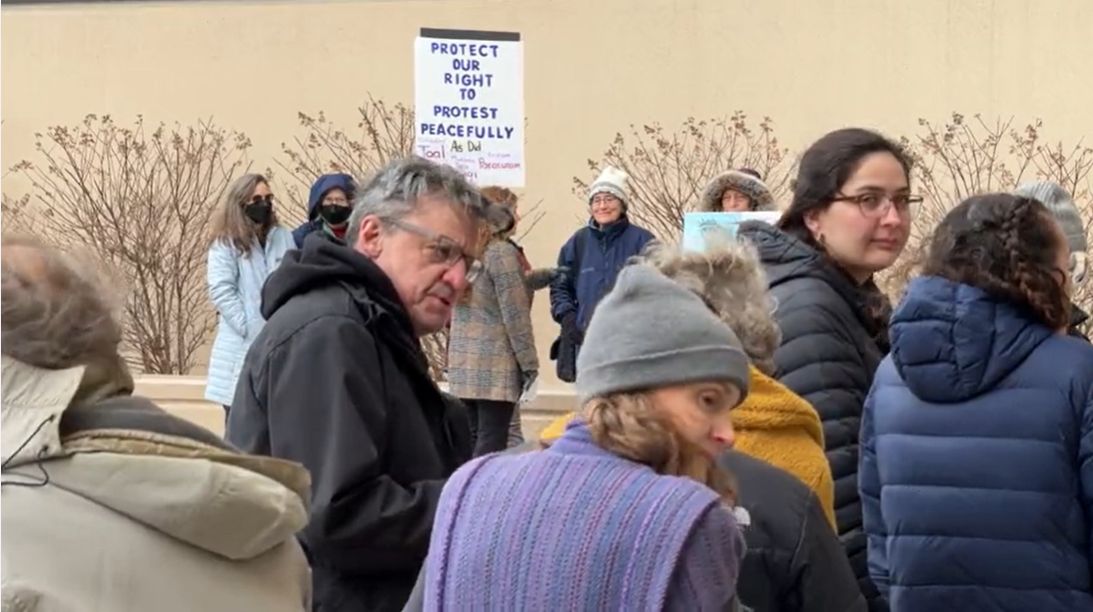The Correctional Association of New York released their 2024 legislative recommendations this week.
The recommendations are a list of bills that the association says address key areas to “improve conditions, promote transparency and accountability, and reduce incarceration.”
The association is the body tasked by state law with independent oversight of state prisons.
“To provide monitoring, oversight,” said Sumeet Sharma, the organization’s director. “Going on site, doing prison monitoring visits, speaking confidentiality with both incarcerated individuals and staff.”
Sharma told Spectrum News 1 that the top line items in the report are bills that seek to improve transparency and oversight.
“Understanding of what’s happening on a day-to-day basis and on a comprehensive level in prisons is the base line level for any sort of change,” he said.
The recommendations include more than 40 bills across 11 categories, including parole and sentencing reform, how investigations into sexual assault and misconduct are conducted, and other issues.
“We’re touching on medical, access to mental health care, prison wages, we’re touching on programs,” he said.
As chair of the state Senate Committee on Crime Victims, Crime and Correction, several of Sen. Julia Salazar's bills are included in the package.
She agrees that transparency is top of mind, along with those other initiatives.
That includes one bill that would allow the correctional association to visit facilities at any time and without the currently required 72-hour notice, and another which would increase the number of members on the state Commission of Correction.
“We want both of these bodies that serve to provide oversight to be able to function more effectively,” she said. “They should be able to go to prisons without announcing it days in advance. It really can defy the purpose of providing that valuable oversight.”
State Assemblymember Joe Giglio, ranking member on the corrections committee, criticized the bills for not taking decisive enough action when it comes to increasing safety within facilities, and instead argued that the Department of Corrections should be given more money to study and implement reforms on its own.
“I have faith in the experts who deal with it on a daily basis to address the problem, but they have to be given the latitude by the governor and the money by the Legislature to do those things,” he said.
Salazar disagreed, and stressed that it’s critical to have legislative input coming from an outside, independent source.
“It’s really important for us to have people inside who can actually observe what’s going on, make recommendations, it’s also important that legislators, myself included, visit,” she said.












